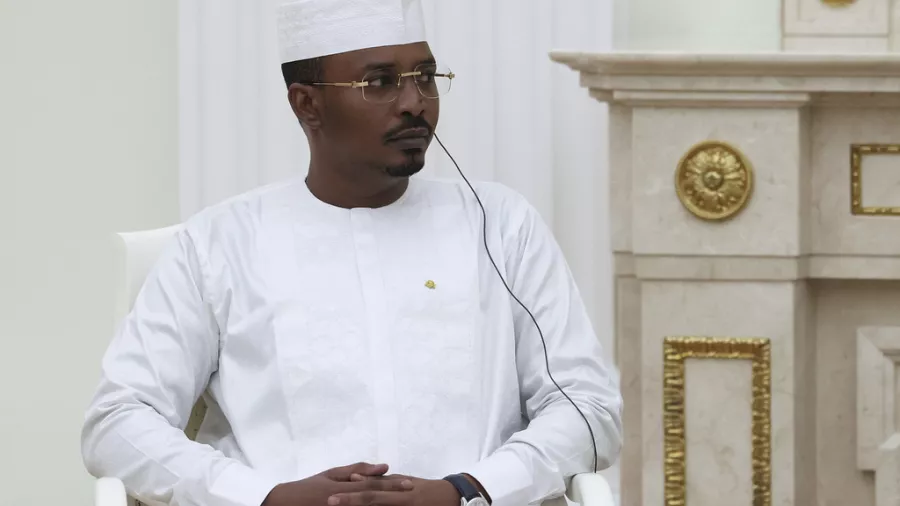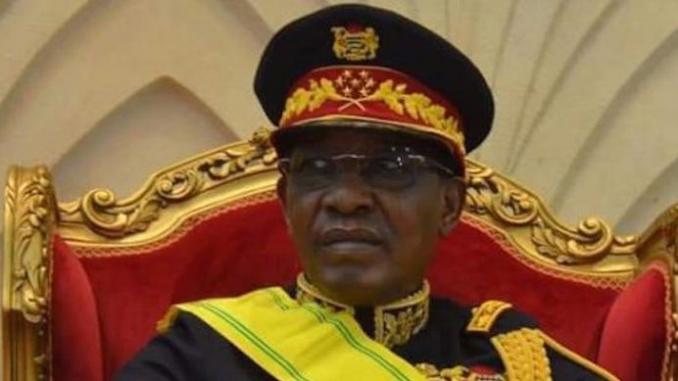As Chadians head to the polls on Monday (6 May) to conclude a three-year political transition, the country’s transitional leader, General Mahamat Idriss Déby, is widely expected to win the presidential race easily, especially after the junta had violently repressed much of the opposition.
Idriss Deby seized power three years ago succeeding his father, Idriss Déby Itno, who had ruled Chad with an iron fist for three decades. The 37-year-old four-star general initially promised to hold elections within 18 months, but his government postponed the poll and allowed him to run for president. Deby junior has said the election will return the country to constitutional rule, but the few remaining opposition groups have called for a boycott of the vote, which they say will undoubtedly be rigged, with the aim of establishing a Deby dynasty.
The most prominent challenger of Mahamat Deby is Prime Minister Succes Masra but many remain doubtful about the motivation for his candidature, some suggesting that it is a mere strategy to legitimize Deby’s expected election as a president.
The disillusionment is reportedly high among voters in the African country as their hopes for a true change and renewal are dim. This perception was also echoed in a recent analysis by the US-based Council on Foreign Relations aptly titled ‘Chad’s “Democratic” Transition’. “With his most significant opponents either co-opted or eliminated, and critical electoral institutions stacked with his supporters, Déby Itno’s victory is all but certain,” says the article that also questions “why anyone is calling the events unfolding in Chad part of its “democratic transition”. “Chad is the first in a string of countries in the Sahel region which experienced coups in the past four years.
Chadian elections’ results are expected on 21 May, with the possible second round to be held on 22 June.



